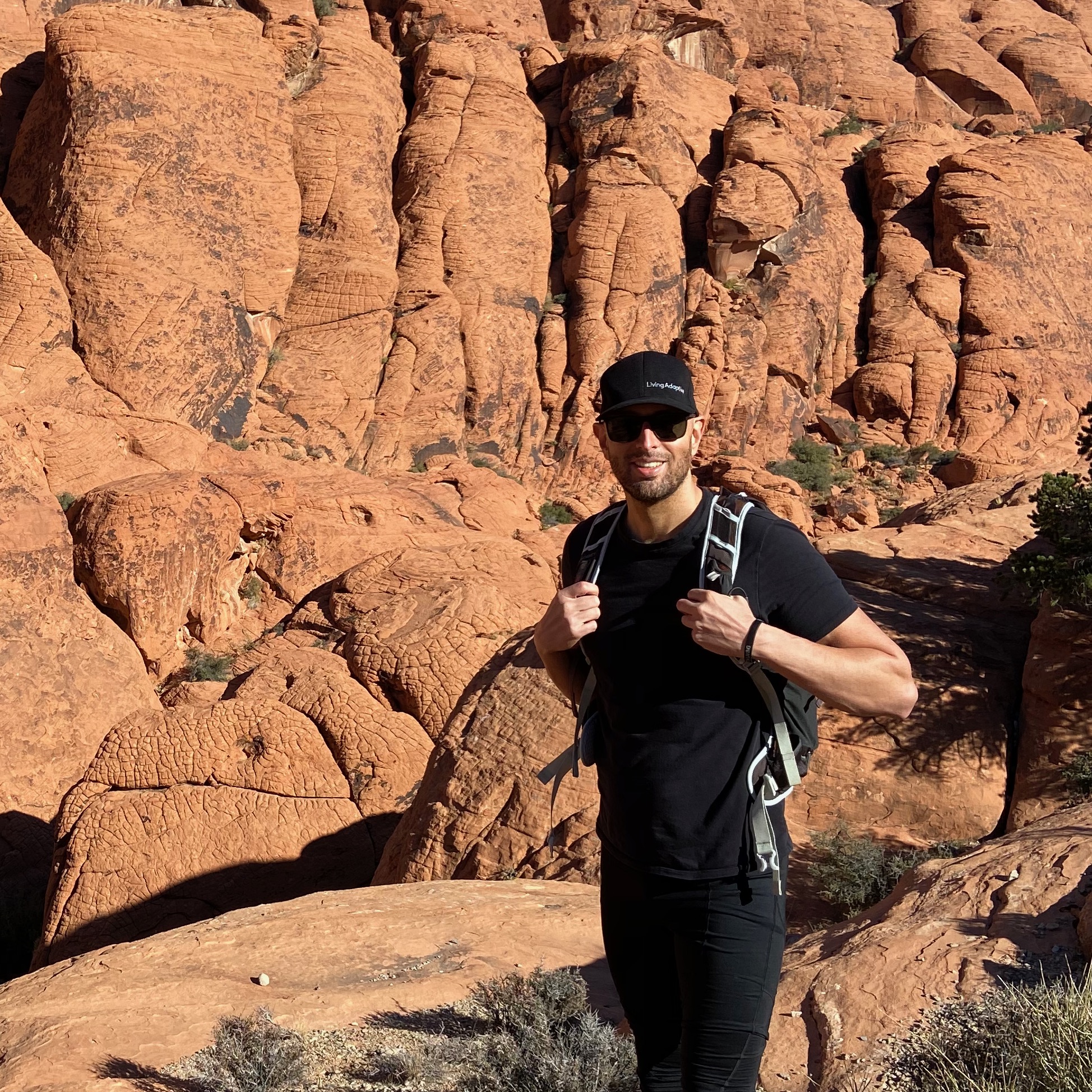The Gear I Use to Podcast
The Gear I Use to Podcast

I get asked almost daily what gear do you use for podcasting?
You can podcast with just a phone, but if you’re wondering what I use then read below.
I picked this gear after years of podcasting, consulting with technical experts, and trying a lot of different equipment. I try to obtain the best possible audio during recording and thus avoid as much cleanup as possible in post production.
Much appreciation if you purchase using the amazon links I've provided. This doesn’t cost you anything extra and this helps offset content related costs such as hosting fees.
Audio Only Podcast
For audio only podcasts I use a Macbook Pro, XLR microphone, Cloudlifter, interface and headphone. I mount my mic with a desk boom.
Microphone
Shure SM7B This mic is user friendly and very high quality. I’ve tested many mics and I like this mic the best. This is an XLR mic and will require an interface to connect to your computer. You will find this mic in many broadcast and podcast studios. This is a staple but it’s expensive at $400. Note, I am an Amazon affiliate and this post contains affiliate links to products. I may receive a commission for purchases made through these links.
A budget friendly option is ATX2100. This mic plugs into your computer via USB and can also plug into an XLR interface. This mic is versatile and sounds great for the cost. I’ve gifted this mic to friends. I will probably purchase this mic for the road.
Interface
Scarlet Focusrite An interface connects your XLR mic to your computer. It converts the analog signal from the mic into a digital signal that your computer can use. The Scarlet Focusrite is better than any other interface that is below or within a couple hundred dollars of it’s price. I love this interface because of price, simplicity and quality.
Mic Booster
Cloudlifter If you record with a Shure SM7b mic, then you need to add clean gain. Without a mic booster, then your SM7b mic is too quiet. A Cloudlifter is the best device to add clean gain and is a must for the ShureSM7b and quite a few the most loved broadcast and podcast mics.
XLR Cables
Mogami Gold I use very high quality XLR cables. This is a lot of firepower for the job but it’s not that much more expensive than budget cables and when something goes wrong with my sound then I know that it’s probably not my XLR cables because I use Mogami. I need two XLR cables in my setup. First, XLR from mic to Cloudlifter. Second, XLR from Cloudlifter to interface.
Headphones
Audio-Technica ATH-M30x Great for beginner and advanced podcasters. These headphones give you excellent value for your money.
Boom Arm
Rode PSA1 Professional Studio Boom Arm I use a boom arm attached to my desk because I get to have my mic right at my face when I need it, but I can push my mic to the side when not in use. Don’t ever get a cheap boom. Budget friendly arms fail and damage your gear. True story, years ago, my young son attempted to do a pullup on my mic boom. He broke the boom arm and mic. Of course no boom arm can survive a pullup.
Video Podcast Equipment
For Video podcasts I use all of the audio gear listed above and I also use two more items (1) an iPhone and (2) the Camo app. Previously, I’ve used a GoPro Hero Black 7, 8, and 9 and other external cams for shows. Now I use my iphone and the Camo app. This Camo app is pretty incredible and very reliable. It’s like $5 per month and provides very high quality video. I believe an iphone is powerful enough for remote video podcasting because the iPhone camera is better than most webcams and recording apps such as Riverside.fm and Zoom are barely hitting HD quality.
Recording Apps
Riverside.fm and Zoom. Speaking of recording apps. I currently record using either Riverside.fm or Zoom. I really can’t say either are great but these are the best available right now. I only use Zoom when a guest must use their phone for recording. I favor Riverside.fm to record because Riverside.fm records locally and in the cloud thus you have lossless recording when an ISP fails.
Good luck podcasting and let me know if this article helped you by hitting me up on my social media or email!

